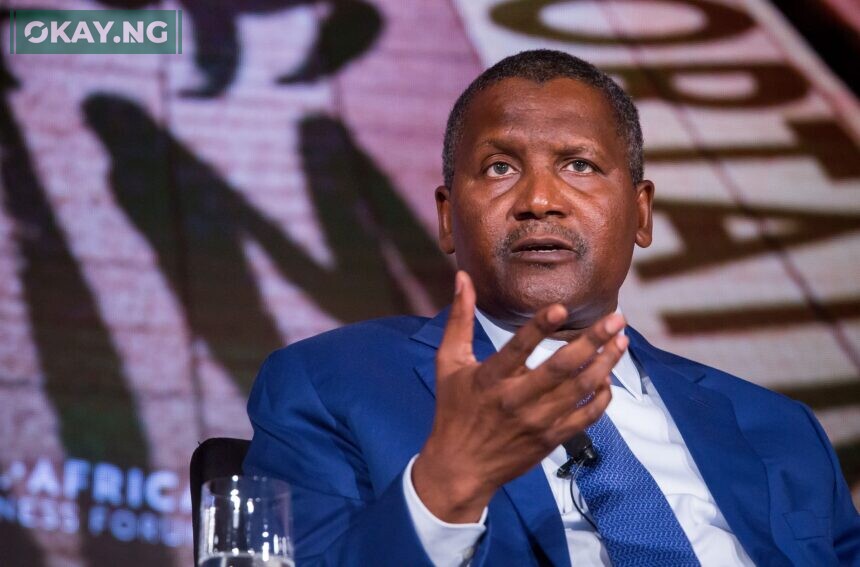Aliko Dangote, President of the Dangote Group, has delivered a stark assessment of Nigeria’s industrial stagnation, placing the blame squarely on the nation’s erratic power supply and inconsistent government policies. Speaking at the Dangote refinery in Lekki, Lagos, during a visit from Zambian Energy Minister Makozo Chikote, Dangote articulated the profound impact of these challenges on business viability and national economic progress.
“If there’s no power, there won’t be growth,” Dangote stated, highlighting a fundamental obstacle to industrial advancement. His analysis revealed a significant cost disparity between operating businesses in developed nations and in Nigeria. “Anything I’m going to do abroad will cost me maybe 30 per cent cheaper than here, because abroad is plug-and-play,” he explained, contrasting the seamless infrastructure of developed countries with the onerous burden of self-generation in Nigeria.
This necessity for private power generation, as exemplified by the significant investment required for the Dangote refinery, not only inflates operational costs but also diverts resources from core business activities. “In Nigeria, we have to invest a lot in generating electricity for the refinery and other factories,” he said, a burden absent in more developed economies.
Dangote further illustrated his point with the success of his Ethiopian cement factory, attributing its profitability to a stable and predictable power supply. “Our most profitable cement factory is in Ethiopia because there’s no investment in power. They gave us power at the same rate for five years,” he revealed, emphasizing the importance of consistent energy costs for effective business planning.
Beyond the power crisis, Dangote identified inconsistent government policies as a critical impediment to industrial growth. “One of the problems of industrialisation is inconsistencies in government policies,” he explained, likening the experience to a frustrating football match where “the government will remove the goalpost and point behind you.” This metaphor vividly captures the uncertainty and instability that deters long-term investments and hinders industrial progress.
Read Also: Dangote Refinery Nears Full Capacity, Fuel Exports Begin Amidst Supply Chain Hurdles
Imagine the countless entrepreneurs and small business owners whose dreams are stifled by unreliable power. Consider the families struggling with the rising cost of goods, a direct consequence of increased production expenses. When businesses are forced to invest heavily in self-generation, those costs inevitably trickle down to consumers.
Dangote rightly pointed out the symbiotic relationship between industrial success and government revenue. “Every N1 we turn around, 52 kobo go to the government in various taxes,” he stated, highlighting the substantial contribution of industrial activities to the national treasury. “If a business shuts down, one of the major losers is the government.” This underscores the necessity for a stable and supportive policy environment that fosters industrial growth.
To mitigate the effects of policy instability, Dangote advocated for increased dialogue and transparency between the government and the private sector. “The best way to reduce the inconsistencies is to explain to the government that when industrialisation happens, the government is a major shareholder,” he noted.
According to the World Bank, “Reliable and affordable electricity is essential for economic growth and poverty reduction.” When businesses are burdened with the cost of self-generation, they are less able to invest in expansion, job creation, and innovation. This creates a ripple effect that slows down economic development and perpetuates poverty.
In essence, Dangote’s analysis serves as a powerful call to action. It underscores the urgent need for comprehensive reforms that address the power crisis and foster a stable, predictable policy environment. Only then can Nigeria truly unlock its industrial potential and achieve sustainable economic growth.













